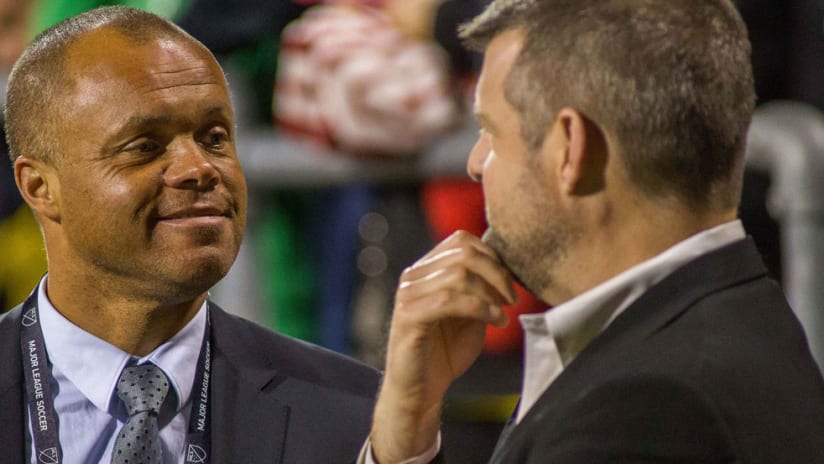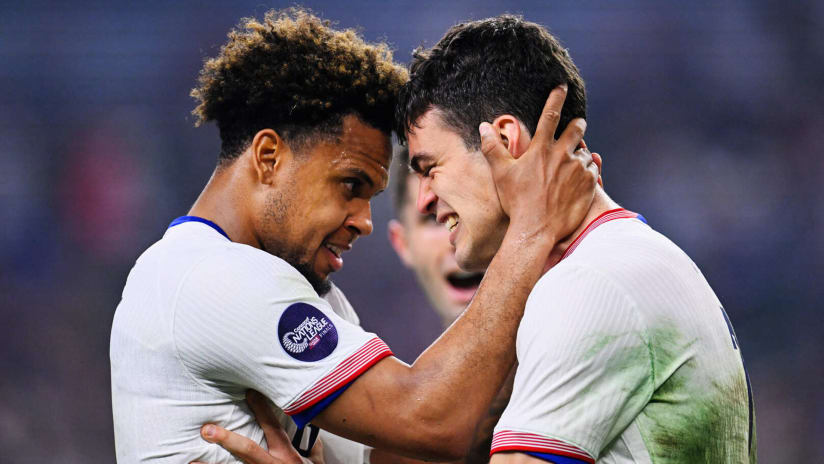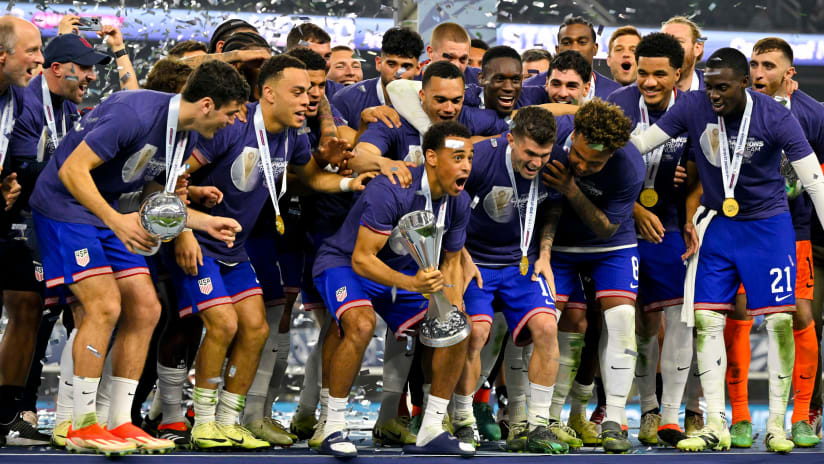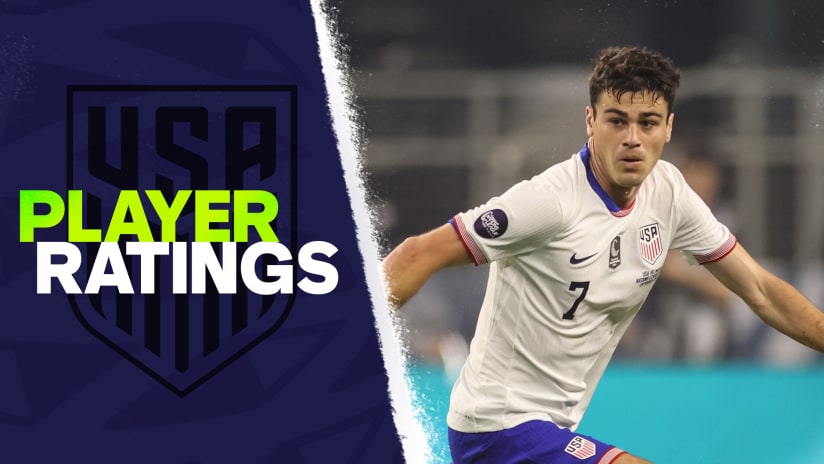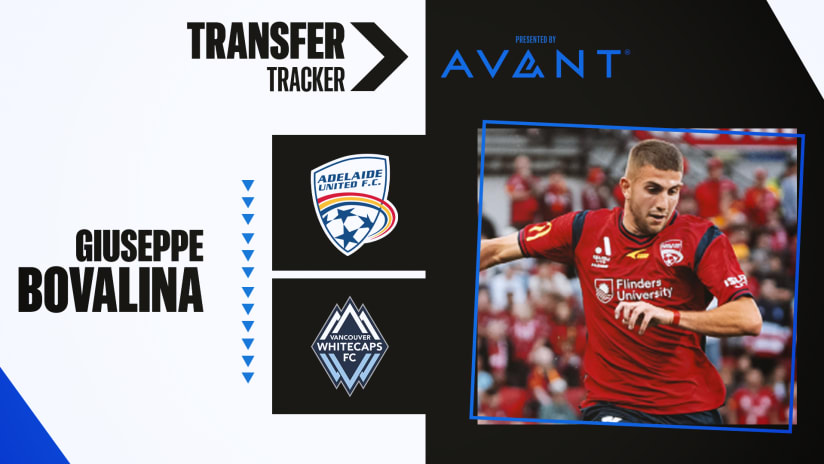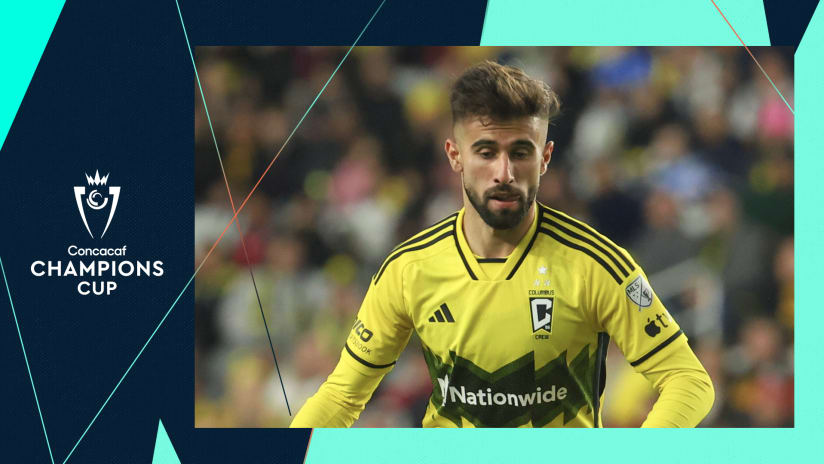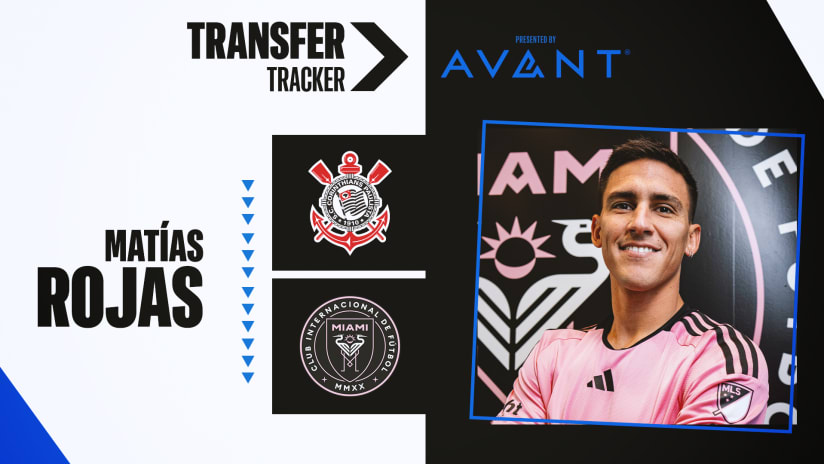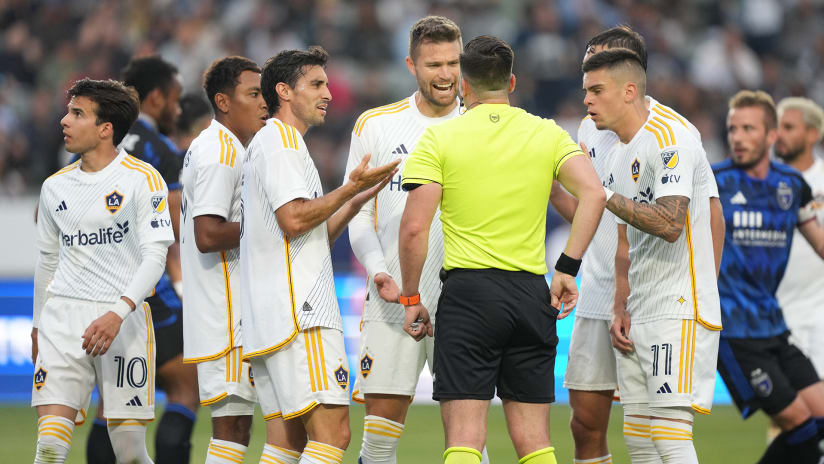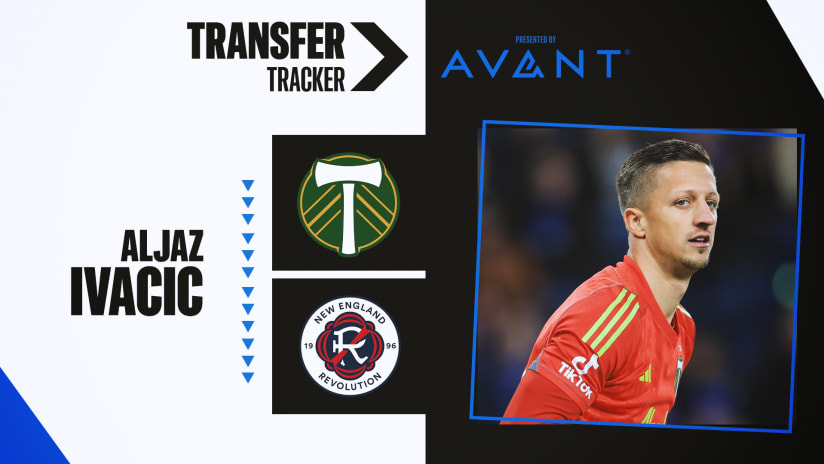Earnie Stewart fulfilled his dream of returning to the United States in late 2015 when, after 10 years as working as a soccer executive in Holland, he was hired by the Philadelphia Union to be the club’s first sporting director.
But he always had another, greater dream: to help grow the sport on more of a national level.
So when the opportunity arose to become the first general manager of the US men’s national team, Stewart knew it was time to pack his bags again and continue on his soccer journey.
“This has been a great two-and-a-half years,” Stewart said on a conference call with reporters after his hiring was officially announced by U.S. Soccer. “When I came back, I wanted to do something for soccer in general in the United States, having played for the men’s national team and seeing the environment, the facilities, the infrastructure, the know-how. I think we’re a country to be reckoned with. We’ve already proven that and now we want to take that a step further.”
Stewart won’t begin in his new role until Aug. 1, giving him time to tie up loose ends with the Union and move his family from Philadelphia to Chicago. From there, his most pressing task will be hiring a new head coach, which he admitted may take time as he and the U.S. Soccer board conduct an interview process as extensive as the one that ended with Stewart's hiring.
Stewart said he has a “wide list of candidates in mind” but didn’t offer much more detail. What he did say is that that him being there as a general manager shouldn’t make the job any less appealing. Even though Stewart plans to help implement a certain style of play, the coach will still have “autonomy with that style of play to play different formations,” he said.
“Everyone wants to work here,” Stewart said. “I see it is a great opportunity. I don’t think many coaches will say no because the United States has values in the way we want to step on the field and what we want to see from our players. On the contrary, I think when we come with a plan, a lot of people will jump on board because there is a plan, there is a vision, and there is an identity of what we want to see.”
Stewart, who while in Philly formed close bonds with head coach Jim Curtin and technical director Chris Albright, spoke often of “collaboration,” both with the new coach and with the higher-ups, including the person he’ll report to, U.S. Soccer CEO Dan Flynn. He downplayed concerns some have that his scope might be too limited, since the hiring and firing of coaches ultimately comes down to the U.S. Soccer Federation Board of Directors, calling that “normal” for any organization or business.
“U.S. Soccer had questions for me but I also had questions for U.S. Soccer,” Stewart said. “And I am more than comfortable with my role and responsibilities that I will have as general manager. I’m really comfortable with the autonomy I have.”
As for the USMNT player pool, Stewart said that he’ll cast a wide, global net to “anyone who is eligible” when scouting and evaluating talent, pointing to the fact that he was a dual national himself and “played with a lot of pride and passion” for the US national team through three World Cups.
Stewart — who grew up in the Netherlands and spent most of his playing career there — also said the USMNT’s current crop of young players is “very exciting” but that many of the program’s seasoned veterans shouldn’t be pushed aside even with the next World Cup four years away.
“We need to qualify for 2022 and there needs to be a good look at those young kids that have that potential, but that usually goes hand in hand with those players that have already done it, seen it, and have the experience to help these young players thrive in the environment we are creating,” he said. “Once the new head coach has arrived, those are the discussions we will have together.”
For now, he’s excited for a new challenge, crediting his previous stops at Dutch clubs NAC Breda and AZ Alkmaar, as well as the Philadelphia Union, for helping him get to where he is today.
“When I look at the talent in the United States and, more recently, here with the Philadelphia Union in the academy we have, I think a lot of times it’s underestimated,” he said. “Taking that even further and seeing the player pool we have with the US men’s national team and these young, eager talents coming through, I can’t wait to get started. It’s something special — and it can turn out to be very special.”

